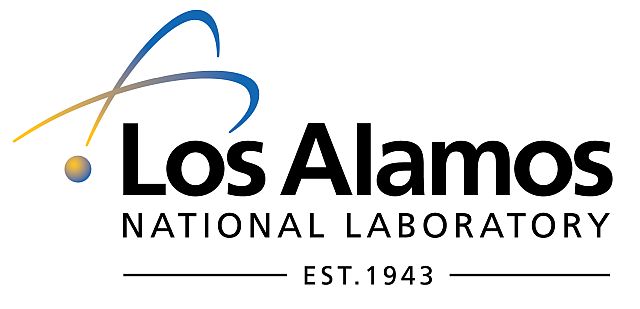![]() Quantum Computing Inc., a Leesburg, VA-based company focused on bridging classical and quantum computing, today announced a three-year cooperative research and development agreement with Los Alamos National Laboratory. QCI will collaborate with Los Alamos scientists through its administrator, Triad National Security, LLC, on a key component of large-scale simulations that are critical for a range of applications, including national security.
Quantum Computing Inc., a Leesburg, VA-based company focused on bridging classical and quantum computing, today announced a three-year cooperative research and development agreement with Los Alamos National Laboratory. QCI will collaborate with Los Alamos scientists through its administrator, Triad National Security, LLC, on a key component of large-scale simulations that are critical for a range of applications, including national security.
The joint work is focused on solving graph partitioning problems and evaluating graph-partitioning algorithms implemented in Quantum Computing’s Qatalyst quantum software, enabling more efficient petascale (1015 floating point operations per second or petaFLOPS) and, eventually exascale (1018 FLOPS), simulations.
These kinds of simulations are decomposed to run on a computational grid employing millions of processors in configurations where avoidance of unnecessary communication of data is essential to achieving high sustained performance, the company said. QCI’s technology focuses on the decomposition and partitioning of graphs that represent the supercomputing grid, preventing computational load imbalances while assuring the desired performance and results.
QCI’s Qatalyst software is quantum-enabled and runs seamlessly across both classical and quantum computers. It eliminates the need for complex quantum programming, it is designed to help subject matter experts (SMEs) solve problems by leveraging quantum-ready computational software on classical processors.
QCI’s Qatalyst quantum software will be used to process Los Alamos’ computational meshes via a focus on hybrid classical/quantum algorithms. Achieving petascale and especially exascale simulations requires larger meshes that can benefit from QCI’s recently announced QGraph graph-analytic capabilities. The collaboration will exercise quantum processor units (QPUs) in concert with classical processors to partition large graphs more optimally, after automatically converting graph partitioning problems to the more general constrained-optimization form. The hybrid work will initially be done with D-Wave annealing-based QPUs, and eventually include gate-model QPUs via algorithms such as the Quantum Approximate Optimization Algorithm (QAOA).
 “Los Alamos National Laboratory is committed to supporting R&D at the frontier of quantum information sciences to enable responsive solutions for emerging national security needs,” said Irene Qualters, Associate Laboratory Director for Simulation and Computation and leader of Los Alamos’ quantum computing research and development. “There are many interesting problems that require a quantum-classical approach. QCI’s Qatalyst cloud software application provides the classical side to allow us to run larger problems and orchestrate the use of quantum devices in the process, extending the use of quantum computing to solving larger optimization problems.”
“Los Alamos National Laboratory is committed to supporting R&D at the frontier of quantum information sciences to enable responsive solutions for emerging national security needs,” said Irene Qualters, Associate Laboratory Director for Simulation and Computation and leader of Los Alamos’ quantum computing research and development. “There are many interesting problems that require a quantum-classical approach. QCI’s Qatalyst cloud software application provides the classical side to allow us to run larger problems and orchestrate the use of quantum devices in the process, extending the use of quantum computing to solving larger optimization problems.”
For more on Quantum Computing, Inc., see our interview with Steve Reinhardt, QCI’s VP/product development (“Bridging the Gap between Quantum and Classical Computing“)earlier this year.



